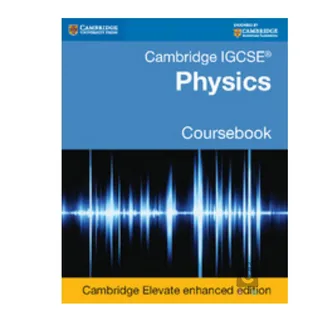IGCSE Physics can be a challenging subject for many students. While the concepts are rooted in logic and mathematics, it requires a solid understanding of theory, application, and careful exam technique. In this article, we explore 10 common mistakes students make in IGCSE Physics (and how to avoid them), helping you or your child to approach the exam with more confidence and clarity.
1. Ignoring the Importance of Definitions
Many students lose marks for not learning key definitions word-for-word. In IGCSE Physics, definitions like “speed”, “velocity”, and “acceleration” have specific meanings.
How to Avoid It: Create flashcards for important definitions and practice them regularly. Pay close attention to how they’re phrased in the syllabus or textbook.
2. Confusing Units and Measurements
A common mistake is mixing up units or forgetting to include them altogether, especially in calculations.
How to Avoid It: Memorize standard units for each quantity (e.g., Newton for force, Joule for energy) and always double-check units in final answers.
3. Weak Graphing Skills
Students often mislabel axes, draw inaccurate lines, or misunderstand the type of graph required.
How to Avoid It: Practice plotting different types of graphs (line, bar, etc.) and revise how to interpret slope, area under the curve, and anomalies.
4. Not Showing Full Working in Calculations
Many students lose marks by skipping steps or not showing their full working in numerical questions.
How to Avoid It: Even if the answer is correct, always write out each step clearly to gain full method marks.
5. Forgetting to Convert Units
Physics often requires unit conversions, such as grams to kilograms or minutes to seconds.
How to Avoid It: Make a list of common unit conversions and always check the units before starting a calculation.
6. Misunderstanding Vector and Scalar Quantities
Students frequently confuse scalar quantities (like speed) with vector quantities (like velocity).
How to Avoid It: Learn the differences and practice identifying vectors and scalars in various contexts.
7. Misinterpreting the Question
Some students rush through questions and miss key details, especially in multi-part or data-based questions.
How to Avoid It: Take time to read the question thoroughly and highlight important information or action verbs like “explain”, “calculate”, or “compare”.
8. Neglecting the Practical Aspect of the Syllabus
Many students overlook the practical component, even though it’s a crucial part of IGCSE Physics.
How to Avoid It: Review past practical papers, understand experimental setups, and know how to write method and conclusion sections clearly.
9. Cramming Instead of Consistent Revision
Physics requires understanding over time. Last-minute cramming rarely works for conceptual clarity.
How to Avoid It: Create a weekly revision schedule and break down the syllabus into manageable sections. Use active recall and spaced repetition techniques.
10. Not Reviewing Past Papers
Students often underestimate the value of practicing with actual past papers under timed conditions.
How to Avoid It: Regularly attempt past exam questions to get familiar with the format and identify weak areas.
Final Thoughts
Understanding the 10 common mistakes students make in IGCSE Physics (and how to avoid them) can be a game changer in your preparation. Avoiding these pitfalls not only improves your exam technique but also boosts your confidence in the subject.
Whether you’re just starting your revision or fine-tuning your skills before the exam, keep these points in mind. By learning from these mistakes, you’ll be one step closer to mastering IGCSE Physics.


